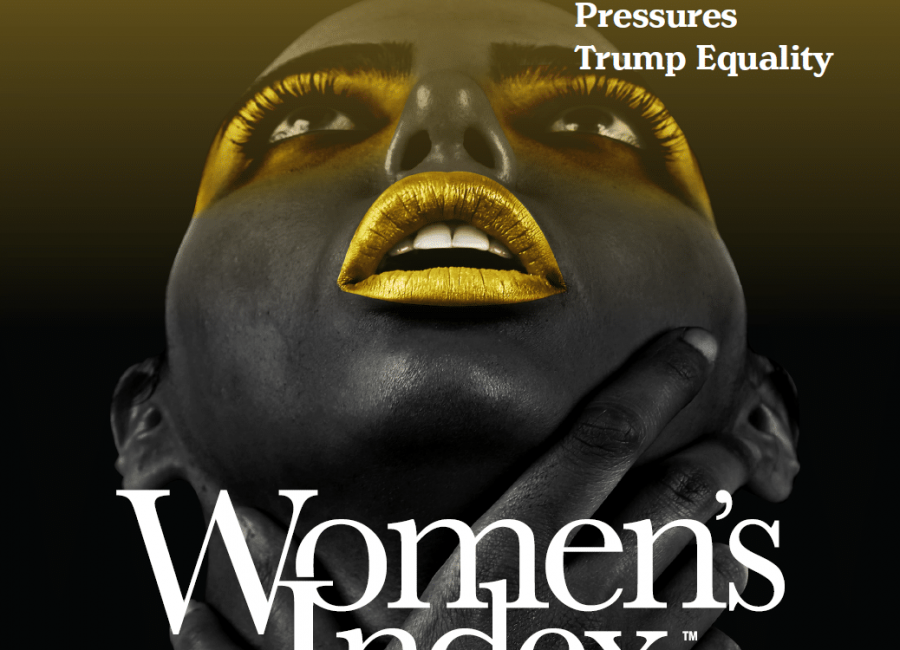The phrase, first to go and last to recover, is sometimes used during discussions about economic downturns, and right now it aptly describes women’s challenges in the workforce.
This quarter’s Financy Women’s Index (FWX) highlights this reality, showing a second consecutive decline in gender equality progress, with female underemployment rising to 7.76%, compared to an improvement for men to 5.35%.
Uncertain economic conditions affect everyone – but not to an equal degree. The numbers tell us that women bear the brunt of economic challenges and are often last to recover.
For example, women are overrepresented in casual and part-time roles, which are often the first to be cut during economic downturns, exacerbating financial insecurity and widening the already massive 17.7-year gender gap in superannuation savings.
We know that stronger economic conditions support business confidence in hiring, growth strategies and spending on workplace culture initiatives, including those relating to gender equality or, more broadly, diversity, equity and inclusion (DEI).
When times are tougher, businesses tend to rein in spending and individuals may feel the pinch through reduced wage growth and opportunities. We’re seeing this reflected in the FWX, for instance with women aged 65 and older, many of whom continue working due to insufficient retirement savings, suffering a fall in employment by 2%.
But, in harder times, employers shouldn’t shy away from initiatives that will support women and – ultimately – their bottom line. In fact, a recent study found that organisations with the highest DEI integration and alignment with business strategy saw the highest (75%) positive impact on their business’ competitive position.
Strong senior leadership is a critical steadying hand in rough waters. We know women make up a third (32.5%) of Australia’s talent in key management positions, and a third (33%) of our board members. A well-developed, mature DEI approach will help businesses attract and retain key female talent and leadership as we navigate difficult economic times.
In my role leading NGS Super, a superannuation fund with a 70% female membership base, I’m keenly aware of key issues that impact women’s careers, wages and retirements. The impact of menopause on women’s careers and financial independence is a growing topic of conversation – and for good reason.
Studies show 32% of menopausal women make career sacrifices, such as stepping down from leadership roles, reducing hours, or switching to part-time work. In some cases, 14% are forced to exit the workforce entirely.
Research from the Association of Superannuation Funds of Australia (ASFA) and MetLife reveals that 45% of menopausal women report lower superannuation savings, with reductions averaging $40,000 due to decreased contributions or withdrawals for medical expenses. For 76% of these women, financial setbacks mean delaying retirement—a significant blow to financial independence and security.
These statistics are why, at NGS Super, we are formalising DEI policies that support women through life-stage challenges like perimenopause and menopause. This includes developing flexible leave policies and training leadership to foster a safe, stigma-free workplace.
We’re also working to move these conversations beyond HR, bringing them to the leadership table where they can drive broader cultural change. By encouraging open dialogue and focusing on flexibility, we aim to ensure staff feel supported to navigate their personal challenges while staying on track professionally.
While economic pressures may tempt businesses to cut back on workplace initiatives, this is precisely when they are most needed. When leaders prioritise inclusive policies and actively address challenges like menopause, it creates a ripple effect that enhances workforce engagement and retention. Flexible work arrangements, mentorship opportunities, and supportive policies are not just ethical imperatives; they are sound investments in retaining talent and fostering leadership diversity.
The cost-of-living crisis is a stark reminder of the importance of financial independence for women. As leaders, employers, and policymakers, we all have a role to play in creating workplaces where women can thrive, even in the face of economic challenges. By prioritising equity and inclusion, we can build a stronger, fairer Australia for everyone.
Financy advocates for gender equity change through the Women’s Index report. We specialise in social impact Communications and Brand Strategy and leverage the power of our DEI tech IMPACTER to help drive performance.














